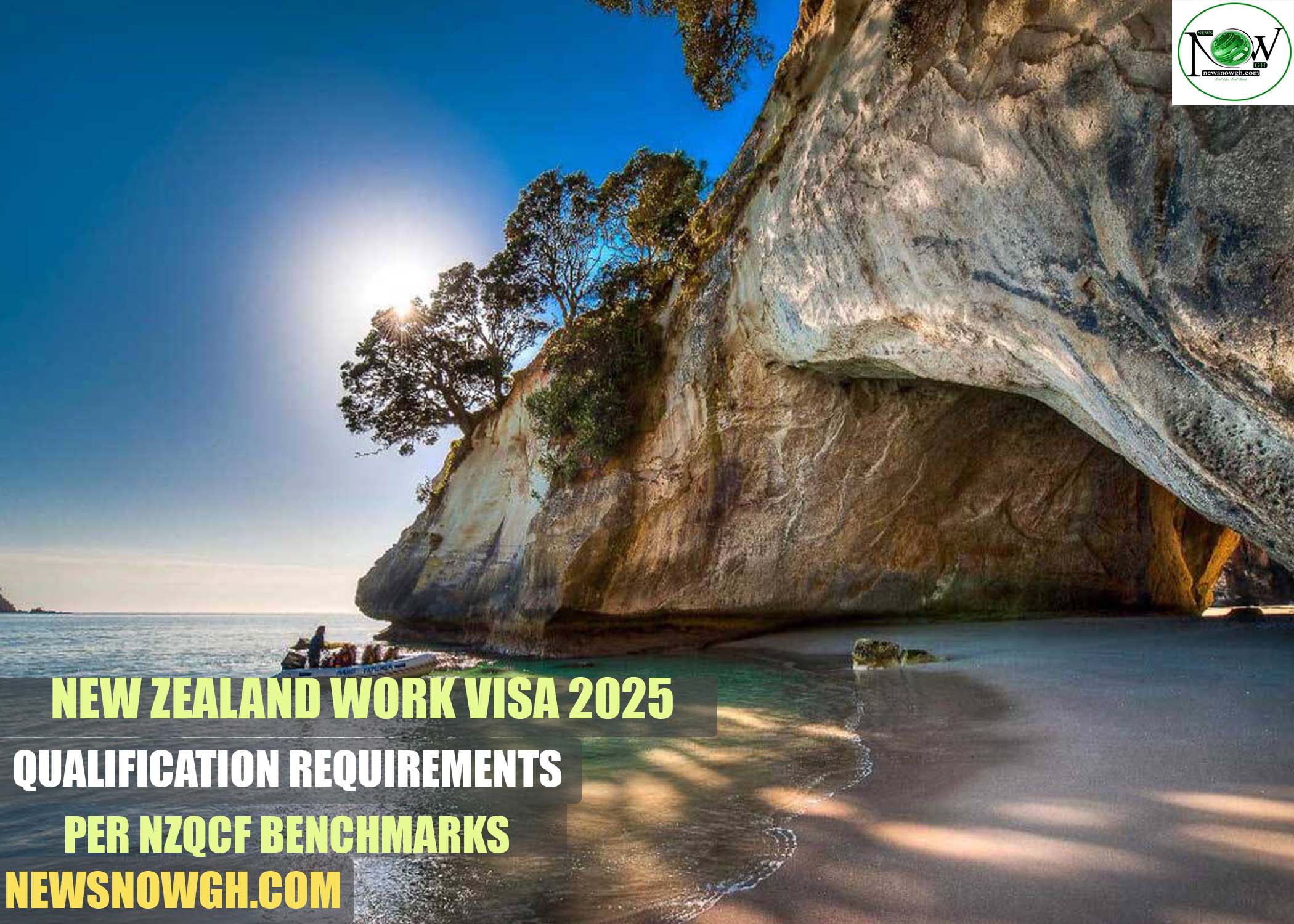New Zealand Work Visa 2025: Qualification Requirements Per NZQCF Benchmarks
Are you a skilled professional dreaming of living and working in New Zealand? Understanding how your qualifications align with the country’s education and immigration system is crucial. The New Zealand Qualifications and Credentials Framework (NZQCF) is a key resource on this journey.
The NZQCF is New Zealand’s official system for recognizing and ranking qualifications, from school certificates to doctoral degrees. It encompasses both traditional qualifications and newer options like micro-credentials. Managed by the New Zealand Qualifications Authority (NZQA), this framework establishes a trusted benchmark for assessing educational quality, whether earned locally or abroad.
Why the NZQCF Matters to You
The NZQCF is vital for international job seekers for several reasons:
- Recognition of Overseas Qualifications: It helps employers and immigration officials understand how your qualifications compare to New Zealand standards.
- Visa and Job Eligibility: Many work visas require qualifications to meet specific NZQCF levels, making it easier to fulfill visa requirements.
- Transparency and Quality Assurance: The framework ensures that all qualifications are assessed for their credibility and relevance to New Zealand’s workforce.
- Cultural Inclusiveness: NZQCF integrates Mātauranga Māori, honoring New Zealand’s indigenous culture and knowledge.
Structure of the NZQCF: 10 Levels of Learning
The NZQCF consists of 10 progressive levels, each defining learning complexity. As you move from Level 1 to Level 10, knowledge and skills deepen:
| Level | Qualification Types | Credential Types |
| 1 | Certificate | Micro-credential |
| 2 | Certificate | Micro-credential |
| 3 | Certificate | Micro-credential |
| 4 | Certificate | Micro-credential |
| 5 | Certificate, Diploma | Micro-credential |
| 6 | Diploma, Certificate | Micro-credential |
| 7 | Bachelor’s Degree, Graduate Certificate, Graduate Diploma | Micro-credential |
| 8 | Bachelor Honours, Postgraduate Certificate, Postgraduate Diploma | Micro-credential |
| 9 | Master’s Degree | Micro-credential |
| 10 | Doctoral Degree | Micro-credential |
How the NZQCF Helps Skilled Workers in 2025
The NZQCF is crucial for international skilled workers in New Zealand. Here’s how it can assist you:
- Visa Eligibility Matching: Work visas like the Accredited Employer Work Visa (AEWV) often require proof of qualifications at a specific NZQCF level. For example, a Level 7 qualification might be necessary for managerial roles, while trade positions may accept Levels 3 to 6.
- Qualification Recognition: If you studied outside New Zealand, your qualifications may need to be assessed for NZQCF equivalence through the International Qualification Assessment (IQA) by NZQA.
- Job Offers Linked to Qualification Levels: Many employers specify the required NZQCF level in job listings. Understanding this helps you apply for suitable positions.
- Pathways for Upskilling: If your qualifications don’t meet visa requirements, consider further education in New Zealand to achieve a higher NZQCF level.
Planning to Work in New Zealand? Here’s What to Do:
- Identify Your NZQCF Level: Use the NZQA Qualification Recognition Tool or apply for an IQA to determine your qualification’s NZQCF level.
- Search for Relevant Jobs: Check if your desired occupation requires a specific NZQCF level, especially in regulated professions or on the Green List.
- Apply for a Work Visa: After receiving a job offer and confirming your qualification level, apply for a suitable visa, such as:
- Accredited Employer Work Visa (AEWV)
- Skilled Migrant Category (SMC)
- Green List Straight to Residence Pathway.
Conclusion
Understanding the NZQCF is essential for any skilled worker aiming to move to New Zealand. By recognizing your qualifications and their alignment with local standards, you can navigate the visa process more effectively. Embrace this opportunity, and prepare for a rewarding experience in New Zealand!
Follow NewsNowGh to stay updated on the latest information regarding work permits, visas, and visa-sponsored employment.


